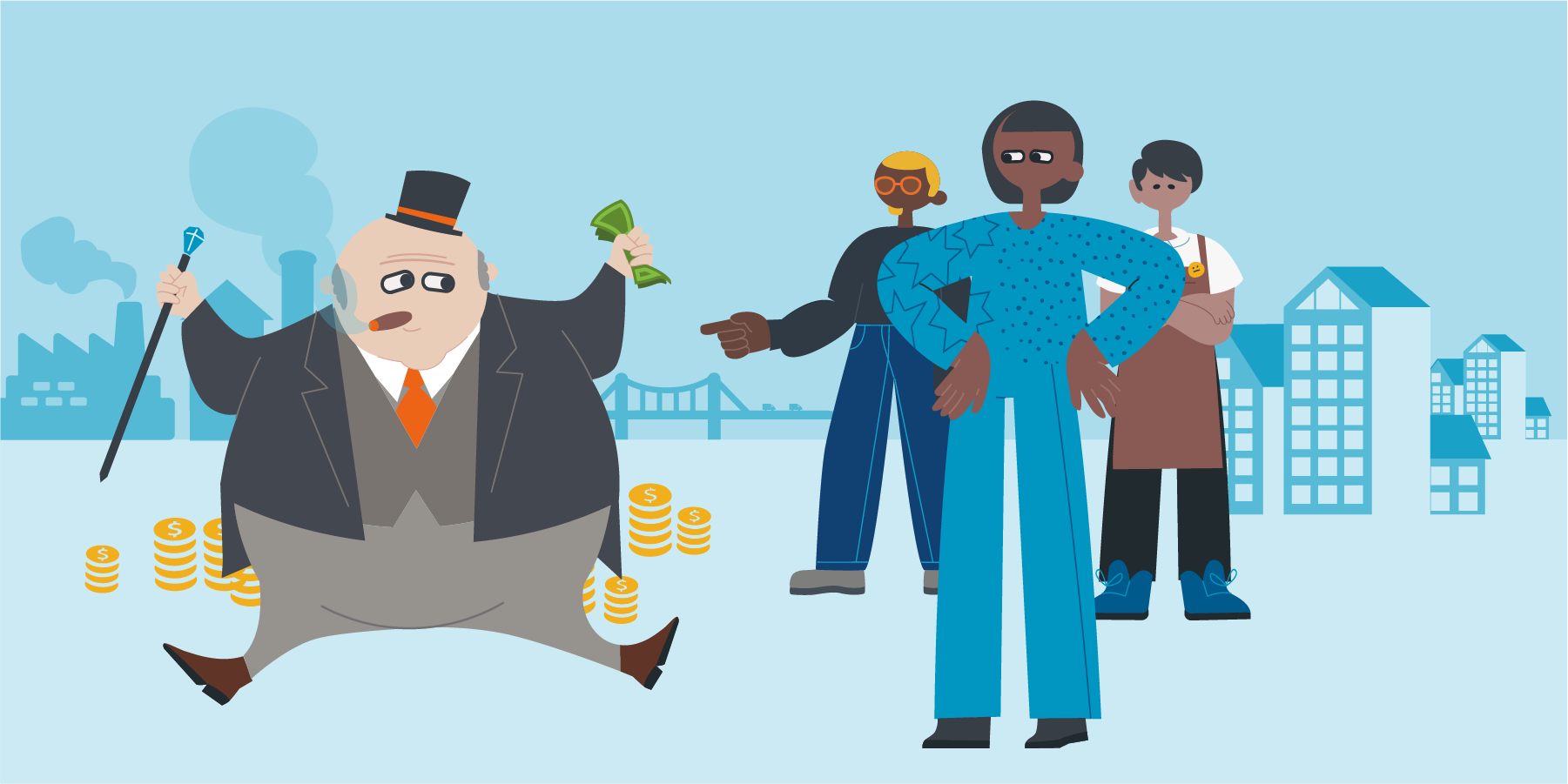The teachings of the Bahá’í Faith offer profound insights into the quest for economic justice, emphasizing the imperative for equitable distribution of resources and the moral duties of individuals and communities. Central to these teachings is the call to individuals, particularly those in positions of wealth, to engage with the principles of justice, generosity, and responsibility towards others. The phrase “Go Tell It to the Wealthy” encapsulates this urgent message: those who possess material wealth bear a dual responsibility to share their resources and influence for the collective betterment of society.
The Bahá’í perspective on economic justice transcends mere redistribution of wealth; it advocates for a holistic transformation of economic systems in a manner that upholds the dignity of all individuals. Here, we explore several key dimensions of the Bahá’í teachings on economic justice, illustrating how they call upon the wealthy to facilitate a flourishing and equitable global society.
1. The Spiritual Foundation of Wealth
Wealth, in the view of the Bahá’í teachings, is not inherently virtuous or vile; rather, it is a tool that can either uplift or undermine the fabric of society. Bahá’ís are taught that material wealth should serve a higher purpose—the promotion of the welfare and dignity of humanity. This notion necessitates a profound understanding of the spiritual essence of wealth; it must be regarded as a means for social upliftment rather than a mere accumulation of resources for personal gain. Thus, those who are affluent are encouraged to consider how their wealth can alleviate suffering and promote well-being among the less fortunate.
2. The Inevitability of Social Change
Economic justice, as articulated in Bahá’í teachings, is intricately linked to the inevitability of social change. History has shown that societal structures evolve; however, the movements towards enhanced social equity are often stymied by entrenched interests. The wealthy are posited as key stakeholders in this transformative phase, as they possess both the resources and the influence necessary to facilitate significant social reforms. Engaging wealth in the discourse around justice can amplify the voices of the marginalized, leading to a more comprehensive and participatory approach to societal evolution.
3. The Interconnectedness of Humanity
At the heart of Bahá’í thought is the principle of the oneness of humanity. This fundamental tenet creates an ethical framework under which individuals, regardless of their economic standing, are intrinsically linked. The wealthy are therefore called to recognize that their prosperity does not exist in isolation; rather, it is contingent on the well-being of others. A society that neglects the needs of its most vulnerable members will inevitably suffer; thus, economic justice is framed as a collective responsibility. Such understandings challenge the conventional individualist paradigm, urging a more altruistic and interconnected worldview.
4. The Role of Education and Empowerment
Bahá’í teachings emphasize the significance of education as a tool for empowerment. Education is not merely a means to acquire a skill or job; it is a foundational element for fostering self-sufficiency and resilience within communities. Those with wealth are urged to invest in educational initiatives that prioritize accessibility and inclusivity, thereby creating pathways for individuals from disadvantaged backgrounds to thrive. By enriching the human capital of society, the wealthy play a critical role in dismantling the barriers that perpetuate economic inequities.
5. Generosity as a Social Imperative
The act of giving is exalted within Bahá’í teachings. It is not simply an optional philanthropic endeavor but rather a moral imperative necessitated by the interconnectedness of humanity. Bahá’ís are encouraged to cultivate a spirit of generosity that transcends mere monetary contributions. The wealthy are particularly called to engage in thoughtful philanthropy, which encompasses not only financial donations but also mentorship, capacity-building, and mobilizing their resources for societal improvement. This ethos of generosity extends to a more equitable distribution of opportunities and resources, thereby addressing systemic barriers to justice.
6. The Challenge of Materialism
Materialism poses a significant challenge to the development of economic justice. The Bahá’í teachings warn against the seductive nature of wealth, which can engender selfishness and a detachment from communal responsibilities. The wealthy are admonished to remain vigilant against these inclinations, embracing instead a philosophy that cherishes spiritual values over material accumulation. By prioritizing love and service to humanity, individuals can transcend the confines of materialism, fostering a culture that values altruism and social responsibility.
7. Building Just Institutions
The quest for economic justice is inextricably linked to the establishment of just institutions. The Bahá’í teachings advocate for the creation of economic systems that prioritize equity and fairness at their core. This necessitates the active participation of the wealthy in the development of policies and frameworks that align with principles of justice. By leveraging their influence, those with substantial resources have the capacity to advocate for systemic changes that promote inclusivity and ensure the fair treatment of all individuals within society.
Conclusion: A Collective Journey Towards Justice
The call for economic justice within Bahá’í teachings extends beyond mere rhetoric; it is a clarion call for action directed at those with wealth and privilege. By embodying principles of generosity, compassion, and social responsibility, individuals can catalyze transformative change that uplifts the entire fabric of society. The quest for economic justice is, ultimately, a collective journey—a profound and shared responsibility that each individual, regardless of their economic status, must embrace. The challenge lies not only in advocating for change but in the ongoing commitment to the ideals that uphold human dignity and communal welfare for generations to come.
